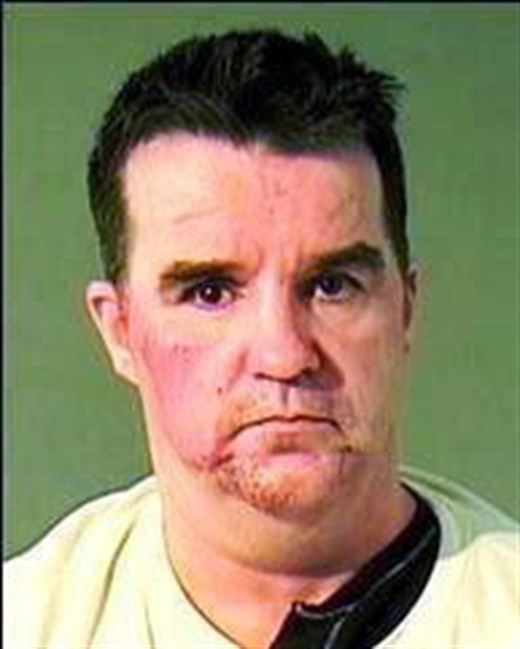A B.C. Supreme Court has handed an indeterminate prison term to Martin Tremblay and declared him a dangerous offender.

Prosecutors had been trying to see him designated as a dangerous offender since 2013, which meant he can be behind bars indefinitely. In order to do that the Crown had to prove that Tremblay posed a risk to the public, to re-offend, and to cause injury or death to someone else.
Tremblay was found guilty two years ago of two counts of criminal negligence causing death when two teenage aboriginal girls died of a lethal combination of drugs and alcohol, which he provided.
“I’m really excited that he finally got the dangerous offender act, he should’ve got it years ago. I’m excited but I’m sad for the circumstances of having to come to a death for him to get it,” said Jade Pollard, aunt of one of the victims Kayla Lalonde.

“I’m just happy today that he finally is going to be in prison and has an indefinite sentence,” she added.
The judge said Tremblay has a history of preying on vulnerable young aboriginal girls. He said Tremblay would give them drugs and alcohol so they would pass out and he could videotape himself sexually assaulting them.
Tremblay’s indeterminate prison sentence means the crime isn’t given a definite duration, so the prisoner could potentially be kept in prison for the remainder of his life.
But he can also apply for parole in seven years – though Criminal Justice Branch spokesman Neil MacKenzie says he would have to prove he’s no longer a threat, and that such applications are rarely successful.
- Man arrested after attempting to shoot pastor during livestream sermon
- Stormy Daniels testimony at Trump hush money trial sparks call for mistrial
- Strangulation often signals domestic violence will turn deadly. Montreal police stepping up enforcement
- Australian woman accused of poison mushroom murders pleads not guilty



Comments